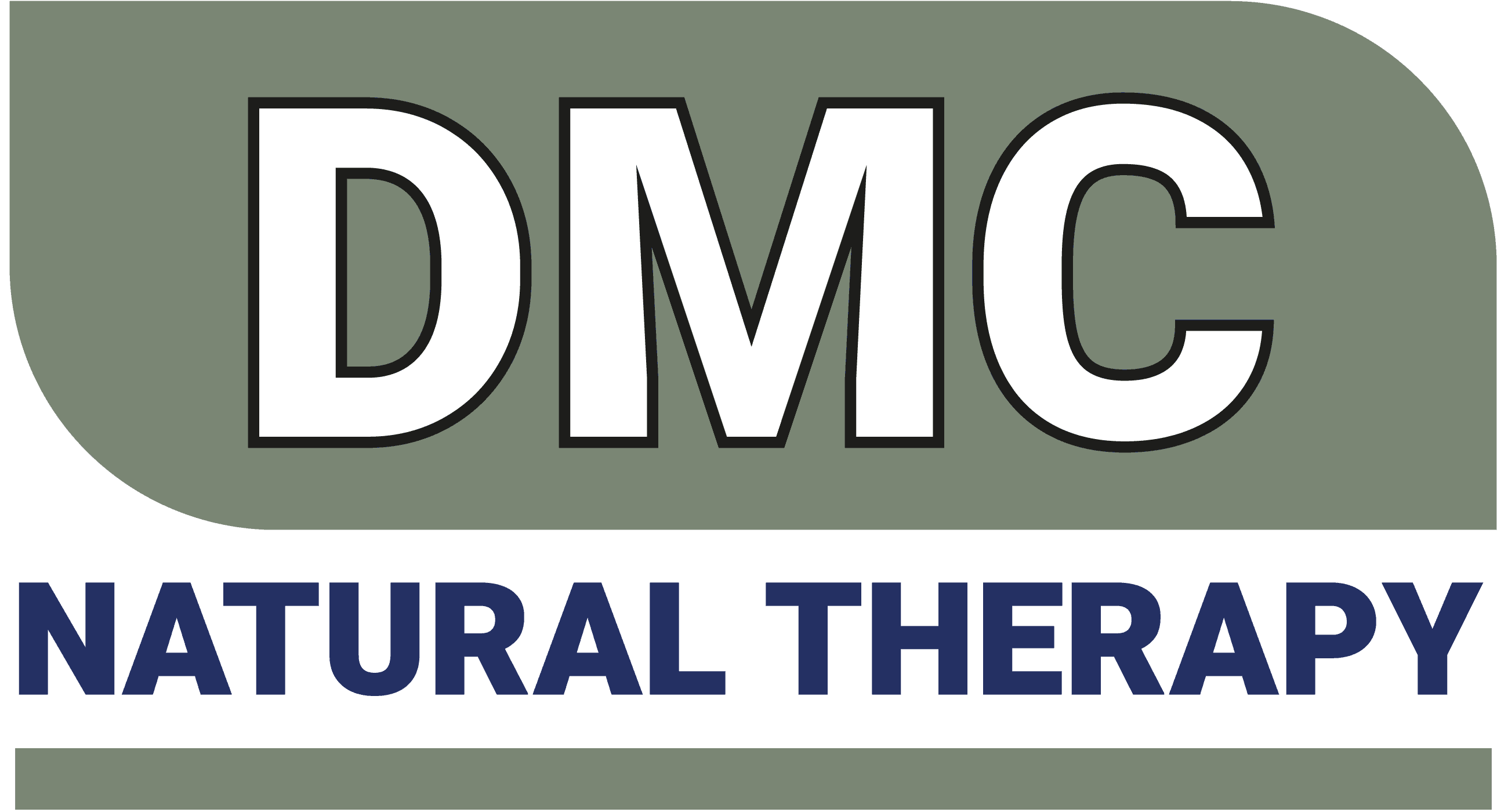The Iris
Data from thousands of Iris’ provide evidence that genetic markers from the past three generations can clearly be seen in a person’s eyes. Iridology can help promote the health for future generations.
By showing you how to break the cycle of inherited disease. Although Iridology isn’t a diagnostic tool in the contemporary Medical sense, it can offer suggestions for specific preventative measures to stop health issues from developing in the first place.
Iridology is an inexpensive way to determine your risk factors for any potential disease. Iridology has been around for centuries.
An Hungarian Doctor, Ignatz Von Peczely, born in 1826, who at the age of 11 years accidentally broke the leg of an owl while attempting to let it free from his garden. He noticed that in the lower part of the owl’s eye there appeared a black stripe. After he splinted the owl’s leg and allowed a period of time for it to heal, white lines appeared where the dark line had been before.
The bird stayed with him in the garden for several years where he had time to notice the changes that occurred in the iris of the owl’s eye.
This made a lasting impression on the young Peczely and later in his career he had the opportunity to study the eyes of his patients in great detail and was able to confirm his findings by performing several autopsies. He began to look to the eyes as a way to see what was going on with people’s health, and he became quite famous.
Four principles that form the cornerstone of Iridology are;
- The condition of the nerves
- The condition of the blood and lymph system
- Adequate Circulation
- Nutrition rest quality, breathing and state of mind.
Iridology takes a lot of guess work out of our lives, its like going on a road trip with no map. Will you get to your destination? Get the efficiency out of time? Or end up taking many detours? How will you know where you are heading?
It is important to remember that Iridology does not replace conventional medicine.
